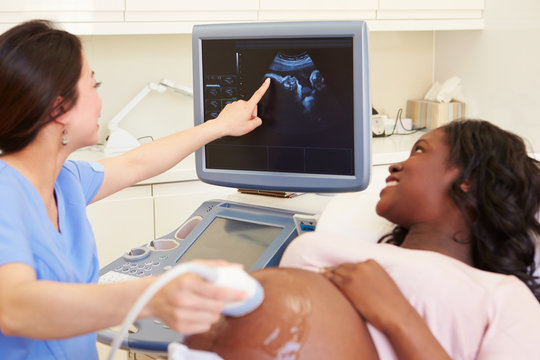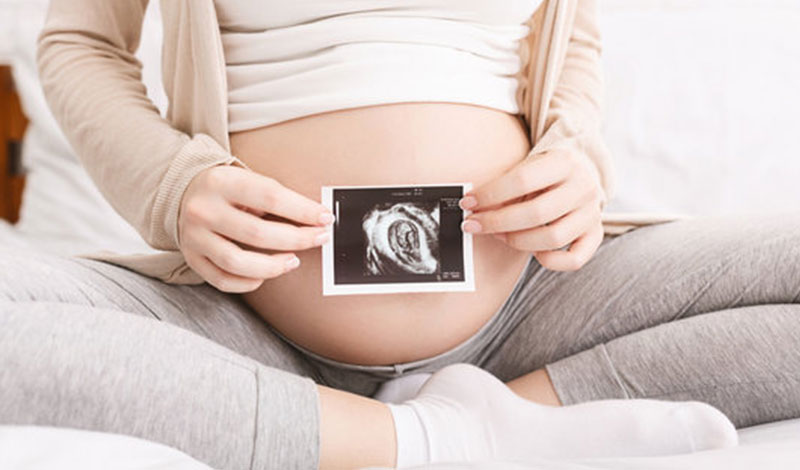During your pregnancy, your health care provider will offer you the following antenatal tests and screenings. These tests are offered to keep a check that everything is progressing normally, keep an eye on your health, and your baby’s health and development. There are very different schools of thought on the large amounts of tests and screenings offered to women. We believe that it is important that you have all the information you need, and always make an informed decision when accepting any test, screening or procedure.
These are the basic tests offered to women with no medical/ obstetric risk factors and going through the hospital system.
Maternal health screening
Generally between 6 – 10 weeks of pregnancy your baseline bloods will be offered to be taken. This usually will occur with the GP on confirmation of pregnancy. This blood tests consist of Blood group, antibodies, full blood count, iron stores, thalassemia screen, syphilis, HIV, Hepatitis B and C, vitamin D, Varicella status, and Rubella status. A mid stream urine test will be taken, to exclude signs of any infection.
At 10-14 weeks of pregnancy, there will be screening for any psychosocial factors affecting mental health (both current and past). You will also be asked about domestic violence and sexual health. A breast assessment will also be done, looking for any factors which may need referral in the pregnancy. A baseline maternal weight and height is obtained.
Urine Tests
At your first antenatal visit, or with your GP on confirmation of your pregnancy, a mid-stream urine test will be taken, to exclude and signs of infection. You may be asked to do a urine test at each or some of your prenatal appointments, to check for sugar, blood or protein in your urine.
Ultrasounds
The majority of women will be offered an ultrasound between 8-10 weeks of gestation to date the pregnancy. This can be useful if you are unsure of the 1 st day of your last menstrual period (LMP). This scan not only shows the age and due date of your baby, but can confirm if you are having more than one baby.
At approx 11- 13 +5 weeks gestation a Nuchal ultrasound will be offered. This test is part of a screening for chromosomal abnormalities.The other part involves blood being taken for biochemical analysis. Together they make up the Nuchal Test.
At approx 18- 20 weeks gestation, a fetal Morphology scan will be offered. At this scan, the baby is visualised in detail both internally and externally, to make sure that structurally all is well. If you are keen to find out the sex of your baby, then this would be the ultrasound to have this confirmed.

Gestational Diabetes Test
You will be offered an oral long glucose tolerance test at approx 26-28 wks, to exclude gestational diabetes. Also blood is taken for a full blood count, making sure any low iron levels can be identified in time to commence treatment. Blood is taken looking for antibodies in women whose blood group is Rhesus negative.
Group B Streptococcal (GBS) Test
At approx 36 weeks, a vaginal swab test is offered. This looks for the presence of a bacteria called GBS which if present is treated with antibiotics intravenously during labour to reduce risk of passing it on to the baby at birth.
Blood can also be taken at this visit if Iron levels were low previously. Again antibodies are looked for in women with a rhesus negative blood group.
Prenatal Appointments
At each visit a blood pressure reading is always obtained and an abdominal palpation to measure babies growth, heart beat, and as pregnancy advances to check how the baby is laying in the uterus, it’s presentation and position. You will always be asked about your babies movement and its importance reiterated.
An important part of each visit is to empower you and your partner through your journey into parenthood and to have time made for you to have a voice and ask questions. Ensure that you are asking questions and being the decision makers for yourself and your baby. If you are not leaving these appointments feeling empowered, then it is definitely worth thinking about your care providers, and whether they are the best choice for you. Read here to find out more about choosing the right care provider for you.
All in all, no matter what test is being offered, it is important that you understand each of them and what they are for. It is important that you make all your decisions around this pregnancy totally informed.
Here’s to a healthy pregnancy!

Written by Sarah Jobson
Sarah is an experienced Midwife and HypnoBirthing Practitioner.











